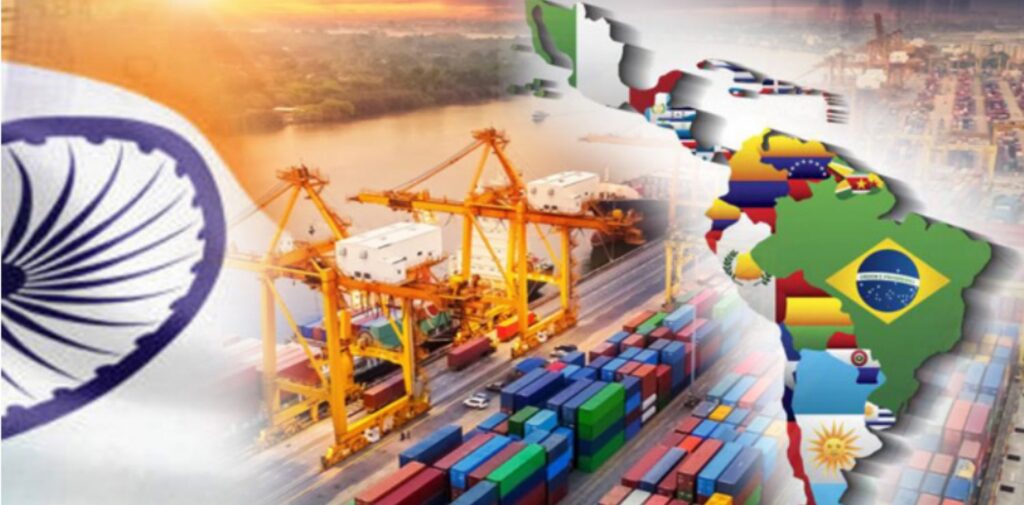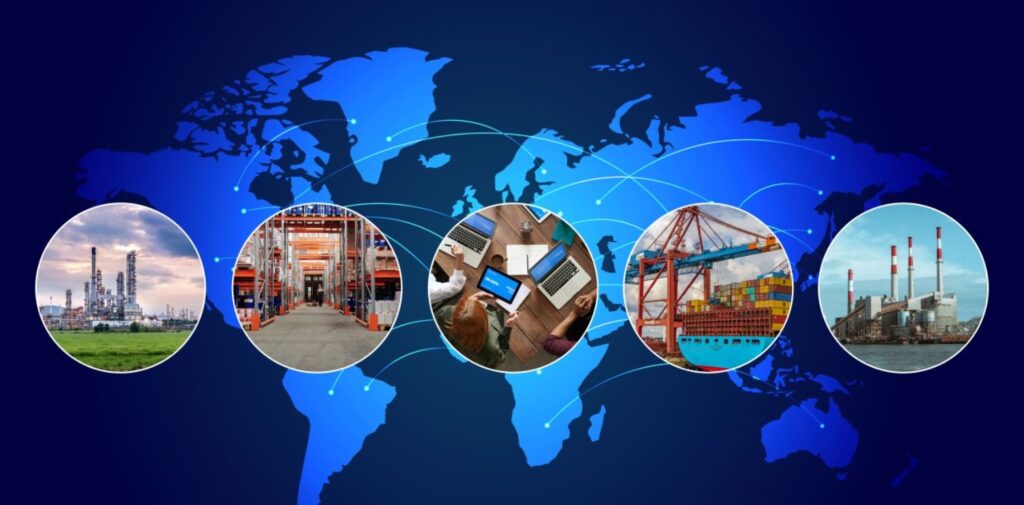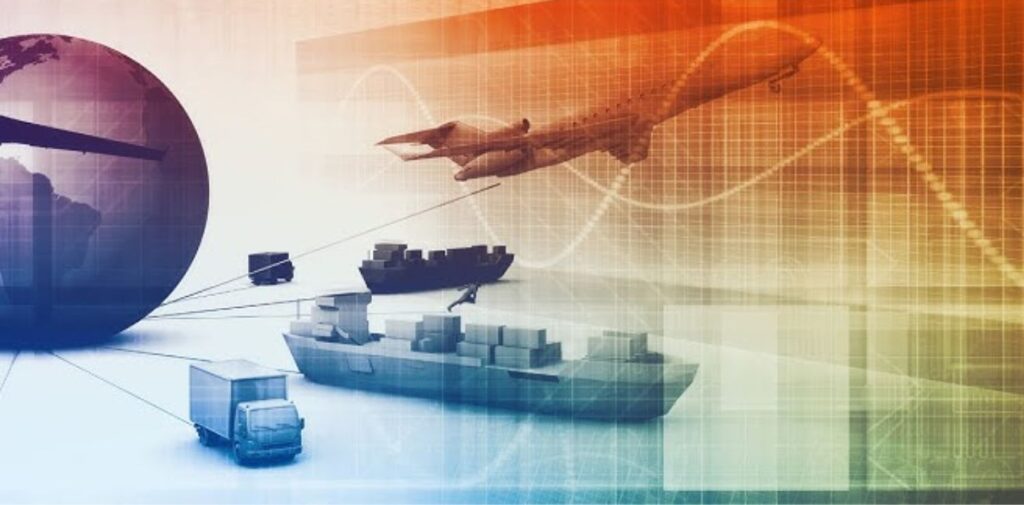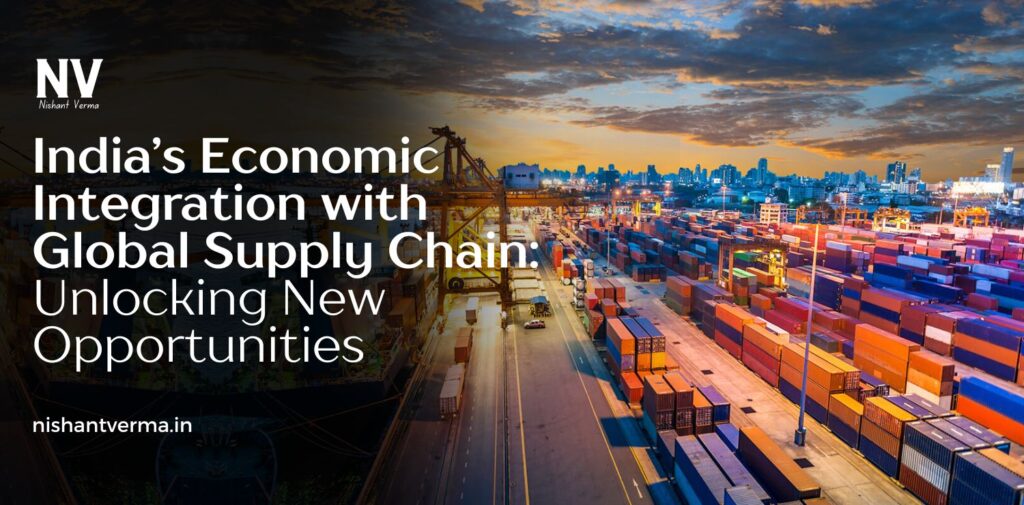India, with its vast population, diverse economy, and strategic location, is increasingly becoming an important player in the global supply chain. The integration of India into global markets is not just a shift in trade and manufacturing but is also a sign of the country’s growing role in shaping the future of the global economy. Over the last few decades, India has made significant strides in expanding its economic presence across borders, and its engagement with global supply chains has brought numerous benefits. This article explores how India is integrating with global supply chains and the opportunities it creates for businesses, industries, and the overall economy.
The Rise of India in Global Trade
India has historically been a major player in global trade, but in recent years, its role has evolved. The country’s economic reforms, liberalization in the 1990s, and the growth of its manufacturing sector have been key factors in driving this transformation. Today, India is not only an exporter of goods and services but also a critical part of the production processes in various global industries. From textiles to automobiles and information technology, India’s diverse industrial base is increasingly embedded in global value chains.
The Indian government’s initiatives, such as Make in India, Atmanirbhar Bharat, and Digital India, have further accelerated this integration. These programs aim to improve the country’s manufacturing capabilities, attract foreign investments, and develop a robust digital infrastructure that supports global commerce. With such initiatives, India is building a strong foundation for its role in the global supply chain.

India’s Strategic Location and Role in Global Trade Routes
One of the key advantages of India’s economic integration with global supply chains is its strategic geographical location. Positioned between the Middle East, Southeast Asia, and East Asia, India is well-placed to act as a hub for trade and logistics. This geographic advantage makes it a crucial link in connecting key global markets.
India’s ports, such as Jawaharlal Nehru Port and Mumbai Port, are vital gateways for trade with regions like the Gulf, Africa, and Southeast Asia. These ports handle a significant portion of India’s exports and imports, enabling smooth supply chain operations. Furthermore, the development of infrastructure in India, such as the Bharatmala Pariyojana (highway network development), and the modernization of airports and ports, are enhancing India’s ability to participate in global trade.
India’s central location also positions it as a manufacturing hub for the Asia-Pacific region, especially for industries like electronics, automobiles, and textiles. As global companies look for alternatives to China or seek to diversify their supply chains, India is emerging as an attractive destination for foreign direct investment (FDI), further integrating the country into global supply chains.
Manufacturing and Sourcing Hub for the World
India’s growing manufacturing sector is one of the key reasons for its integration into global supply chains. The country’s ability to produce goods at competitive prices, coupled with its vast pool of skilled labor, makes it an attractive destination for international companies. Industries like electronics, automotive, pharmaceuticals, textiles, and chemicals are now increasingly relying on India for both production and sourcing.
For example, India has become a key player in the global pharmaceutical supply chain, contributing to over 50% of the global demand for vaccines and more than 40% of generic drugs used in the United States. The country’s well-established pharmaceutical industry has benefited from affordable labor, a robust regulatory framework, and growing domestic demand, making it a leading supplier in global markets.
In the automobile industry, India is home to manufacturing plants for global giants like Hyundai, Toyota, and Ford, which not only cater to the Indian market but also export vehicles and auto components worldwide. The electronics industry in India is also witnessing growth, with major international players like Samsung, Apple, and Xiaomi setting up production units to serve both domestic and international markets.
The development of industrial parks, dedicated manufacturing zones, and Special Economic Zones (SEZs) has further boosted India’s attractiveness as a sourcing hub. These zones provide various incentives such as tax breaks and infrastructure support, making it easier for foreign companies to set up and expand their operations in India.

Digital Economy and Services in the Global Supply Chain
Apart from manufacturing, India’s services sector is an integral part of the global supply chain. India has long been known as the world’s outsourcing destination for business process outsourcing (BPO), information technology (IT), and software services. Cities like Bengaluru, Hyderabad, and Chennai are global hubs for IT outsourcing, with major companies providing software development, customer support, and other services to businesses worldwide.
India’s IT and software industries contribute significantly to its economic integration with global supply chains. The country’s skilled workforce, competitive wages, and robust technological infrastructure make it an attractive destination for outsourcing, which is now a key component of the global supply chain. The rise of cloud computing, data analytics, artificial intelligence, and machine learning further strengthens India’s position in the digital economy, allowing it to play an even more significant role in global value chains.
The India Stack, a unified software platform that provides digital services, has further accelerated this integration. By offering services like e-payments, digital identity (Aadhaar), and digital signatures, India has created a digital ecosystem that can easily connect businesses and consumers to global supply chains. This digital infrastructure not only enhances domestic economic growth but also allows India to engage in cross-border digital trade and services.
Challenges and the Road Ahead for India’s Integration into Global Supply Chains
While India’s integration into global supply chains presents significant opportunities, there are also challenges that need to be addressed to maximize its potential. One of the primary challenges is the need for infrastructure development. While progress has been made in improving roads, ports, and airports, there is still a long way to go in terms of logistics efficiency. India’s supply chain infrastructure is often marked by delays, high transportation costs, and inadequate warehousing facilities, which can increase the cost of doing business.
Another challenge lies in labor reforms. Although India has a large workforce, many industries face issues related to labor laws and regulations that hinder their ability to scale quickly. Simplifying labor laws, improving skill development programs, and offering more flexibility to businesses will be crucial in enhancing the country’s competitiveness in global supply chains.
Moreover, global supply chains are increasingly becoming complex, with a greater emphasis on sustainability, traceability, and ethical practices. India needs to align itself with global standards in terms of environmental responsibility and labor rights to stay competitive. As global consumers become more conscious of sustainability, Indian industries must adopt green technologies, eco-friendly production methods, and fair trade practices to meet global expectations.

Conclusion: India’s Growing Role in Global Supply Chains
India’s integration into the global supply chain is not just an economic trend but a sign of the country’s growing influence in the world economy. The combination of strategic location, a competitive manufacturing base, a thriving services sector, and technological advancements has positioned India as a key player in global trade. Through continued reforms, infrastructure development, and international collaboration, India can enhance its role in global supply chains and unlock new opportunities for growth.
As global companies continue to seek diversification and new sourcing opportunities, India’s growing participation in global supply chains presents immense potential for businesses, industries, and workers alike. The country’s ability to innovate, attract foreign investment, and leverage its digital economy will ensure that it remains an essential part of the global economic landscape. By overcoming challenges and seizing emerging opportunities, India is set to continue playing a pivotal role in shaping the future of global supply chains.




